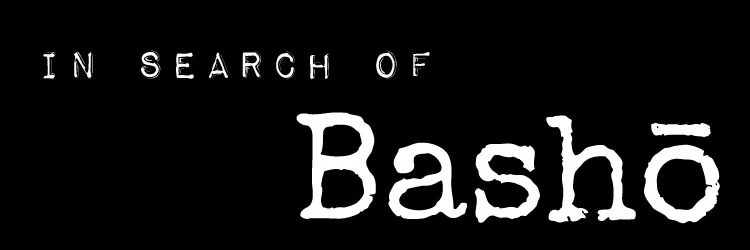In Nikko.
/The songs that saved your life.
The Smiths wrote a book entitled The Songs That Saved Your Life. Well, the Smiths didn't. Simon Goddard did. But it was about the Smiths.
The book covered each of their songs with fanboy levels of intimate detail. It's a valuable piece of fan-porn, full with recording notes, backstage gossip and lyrics interpretations. At the height of my Smiths-philia around the age of twenty, it was a great read.
I stopped listening to the Smiths when I discovered a Bob Dylan CD in my friend's sister's car. Almost overnight I got tired of Morrissey's whining and fell into step with Dylan's red-earth folk chastisements. I had no more interest in listening to Morrissey's sad stories and kitchen sink dramas. His romanticisation of doom. The whimsical nihilism.
Around the same age, I started to get into self development. The dating stuff came first. Luckily, I didn't fall too far into the seedy world of pickup lines and seduction techniques before I realised that there might be a bigger issue at heart. That I - little, holy me - might be the cause of my singledom. That I was flawed, and that I would need to fix myself. At least if I ever wanted to attract anyone else. And so what started as a quest to meet girls, ended up in a pursuit to find myself.
Enter: the books that saved my life.
And of them, there have been so many. Some of them so rich and crackling with different ideas that I've pored over them for months. Others with large cigarette packet-sized manifestos standing grand testament to one key principle. Radical Honesty, Mistakes Were Made (But Not By Me), Sex at Dawn, Feel The Fear And Do It Anyway.... it's a long, long list. To name every book here would be both exhaustive and exhausting. But I love each of them equally.
The whimsical Morrissey-esque nihilism has long since passed. When I play the songs that I wrote in my early twenties, I love the lyrcisism but hate the ideals. That childish, self-sabotaging part that wanted to have the Smith's "unloveable" tattooed across my wrist. That same childish post-teen who thought of suicide as a beautiful poetic gesture.
One of my current reads is The Truth by Neil Strauss. So far I'm only about 30% in, and I haven't agreed with everything that has been portrayed. But sometimes the impact of a book is much more subtle. And clandestine.
I woke at 4:23 am on Saturday with one clear sentence in my head: "you are a love addict". I hadn't been drinking, and so this bout of pre-sunrise clarity was unusual. I tried to sleep it off. It didn't work. So I wrote the sentence down on a piece of paper and agreed to think about it more in the post-sunrise world.
And I did. The idea, as portrayed in the book, defines someone who - as the name might suggest - is addicted to the concept of love. Someone who ignores problems in a relationship, living instead in a chaotic world of over-romanticised attachment and avoidance. The behaviour is said to be driven by a fear of abandonment. Or a feeling of inadequacy. And the love addict often finds themselves entangled with hard-to-get "love-avoidant" types.
Now, I'm not saying that the description is passing enough for me to build an entire sandcastle of truth. But there are enough grains to merit further investigation. Close friends from my nightclub-speckled teens would testify to my unparalleled ability to "fall in love" with any woman crossing a dancefloor. Or sitting across from me on the metro. Just as long as she was sufficiently pretty and had a somewhat troubled air. Friends from my early twenties will recognise my attraction to broken relationships, to situations where I can play the heroic guardian, and to women who refuse to commit. When you can declare the majority of your post-teen relationships as "it's complicated", it's maybe not the best of signs.
For a long time I blamed luck, or the lack of it. But now, as before, it's clear that this is just another chapter in the unfinished book of situation:me. Maybe Strauss' book will help. Maybe not. But at least it's provided yet another lens for that great telescope that points ever inward. The telescope that just might find a few signs of life. And maybe even a way to save them.
There's more to life than books you know
but not much more.
(Morrissey, Handsome Devil)
-R.


